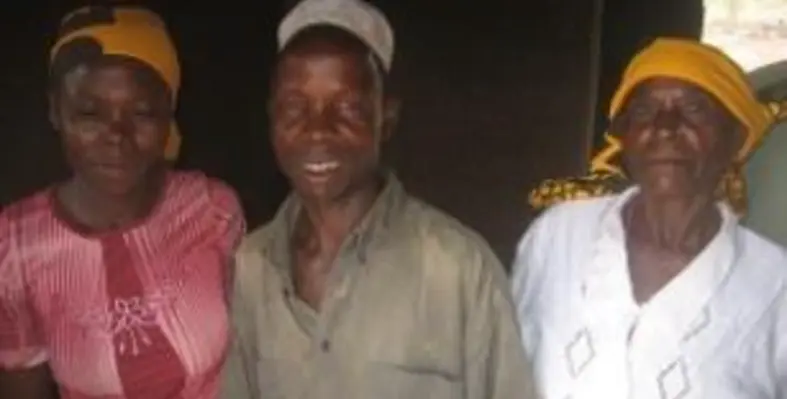On the sidelines of the AfDB’s Annual Meetings in Busan, Korea, the Fund for African Private Sector Assistance (FAPA) donors and the African Fertiliser and Agribusiness Partnership (AFAP) have signed an agreement to support local supply and utilisation of fertiliser by smallholder farmers in Africa
This FAPA grant of US$1mn is expected to increase affordability, accessibility and incentives for fertiliser use among smallholder farmers in Africa and expand the supply and distribution of fertiliser by leveraging investments.
Commenting on the agreement, Jennifer Blanke, vice-president for Agriculture at AfDB, said, “This project is very much in line with the Feed Africa strategy of the African Development Bank. It will promote greater local supply of fertiliser to farmers, thereby increasing productivity, which is central to the transformation of value chains.”
This initiative complements the Bank’s strategy for transforming agriculture value chains in regional member countries and strengthening private enterprises. It also helps improve access to finance for blending companies and joint ventures in the agriculture sector, thus enhancing distribution through agriculture input systems with agro-dealer networks in Cote d’Ivoire, Ghana, Nigeria, Mozambique and Tanzania.
“Agriculture is one of the five priority areas of the Bank. In Sub-Saharan Africa, 60 per cent of the population lives in rural areas, while the proportion of agriculture in GDP is less than 20 per cent,” said Soichiro Imaeda, parliamentary vice-minister for Finance in Japan, one of donors to FAPA.
“Improving agricultural productivity is an urgent issue in achieving sustainable economic growth in Africa. We hope that this project will be effectively utilised and that farmers’ access to fertiliser will expand and agricultural productivity will increase in the African countries,” Imaeda added.














